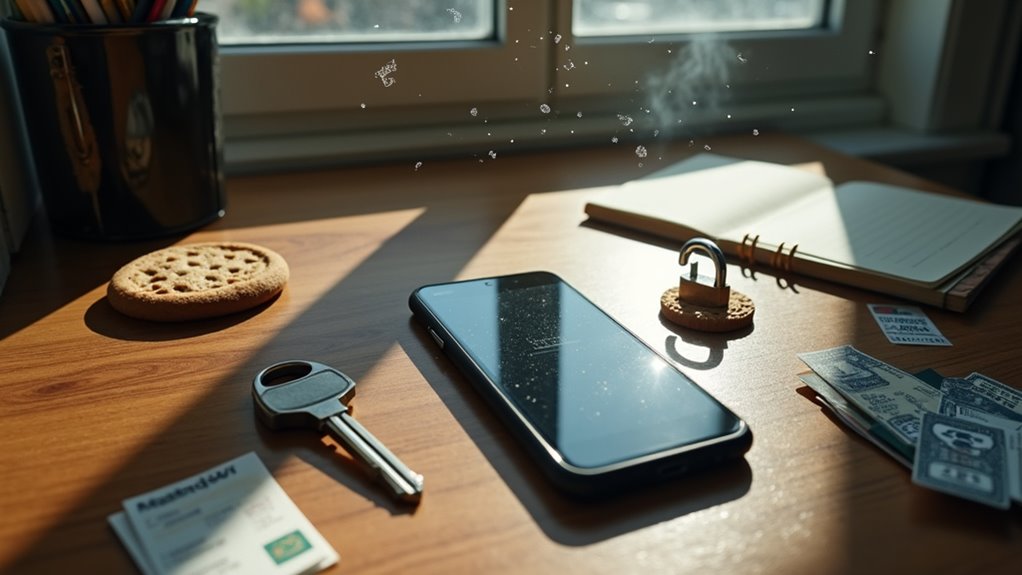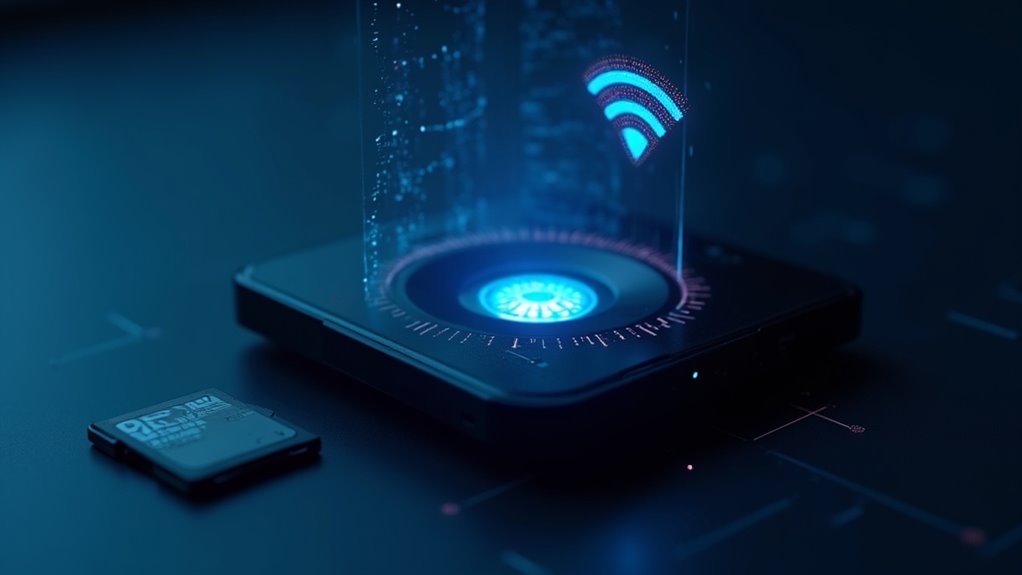Who gets the keys to your digital diary when ChatGPT starts stockpiling your life story—your love for pineapple pizza, that midweek meltdown, those yoga misadventures? Ultimately, it’s a messy mix: users have toggles and tabs to wipe or tweak their “memory,” but OpenAI’s privacy settings and machine learning play co-pilot. *Sure, you can shut memory off or curate the details, but unless you go full incognito, a little algorithmic Sidekick always lingers (with GDPR on speed dial).* Want the rest of the story?
How much can your favorite chatbot really remember? Well, with ChatGPT’s new memory feature, the answer is: more than you might think, and possibly more than you’d like. Forget the days of having to repeat your favorite pizza topping or your opinion on pineapple—ChatGPT Plus and Pro users (well, except those in the UK, Switzerland, Norway, or Iceland—sorry, friends) can now enjoy a digital assistant that recalls your quirks, interests, and questionable life choices across chats.
Let’s be real: this sounds cool. *Personalized responses?* Sign us up. ChatGPT can now reference past conversations, suggesting that book you mentioned last month, or remembering you hate Mondays (who doesn’t?). It’s like having a friend who never forgets—except this friend is a little too enthusiastic and, you know, made of code. The memory capacity is limited to about 1,200–1,400 words, so only your most relevant or recent details are prioritized. Users often wish for increased memory capacity to keep track of more conversations or projects over time.
ChatGPT remembers your quirks and preferences, like a hyper-attentive friend—if that friend was made entirely of algorithms.
But here’s the plot twist—privacy. All this magic comes with a price: data. ChatGPT collects and stores your interactions, raising eyebrows (and maybe a few heart rates). If the idea of a chatbot remembering your every word feels a little “Black Mirror,” you’re not alone. The lack of data transparency in AI systems makes it nearly impossible to know exactly how your personal information is being processed or shared.
Users can control what’s remembered—toggle off memory in your settings, manage memories in a dedicated tab, or just opt out completely. Because nothing says digital empowerment like hunting through settings menus, right?
- Want to keep your secrets?
- Adjust those privacy settings.
- Worried about your digital footprint?
- Maybe stick to small talk.
OpenAI insists on robust security, but ultimately, user trust is the real currency here. After all, your data could be used to train future AI models—unless you say otherwise.
And with Google, Apple, and Microsoft itching to catch up, this “remember everything” trend is just getting started.









